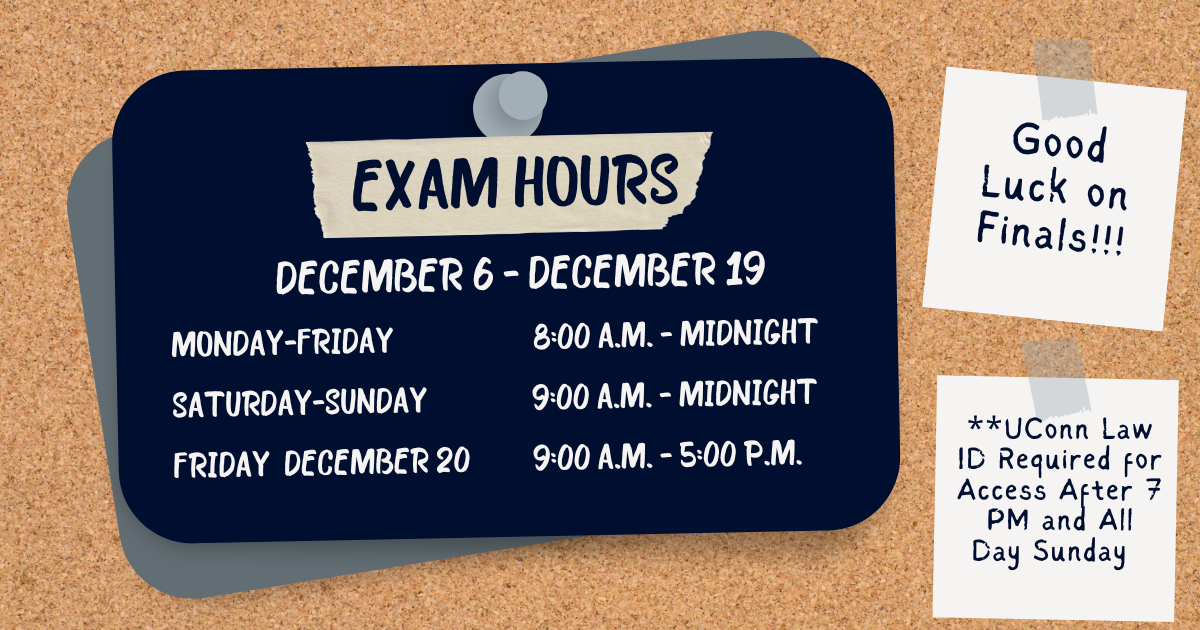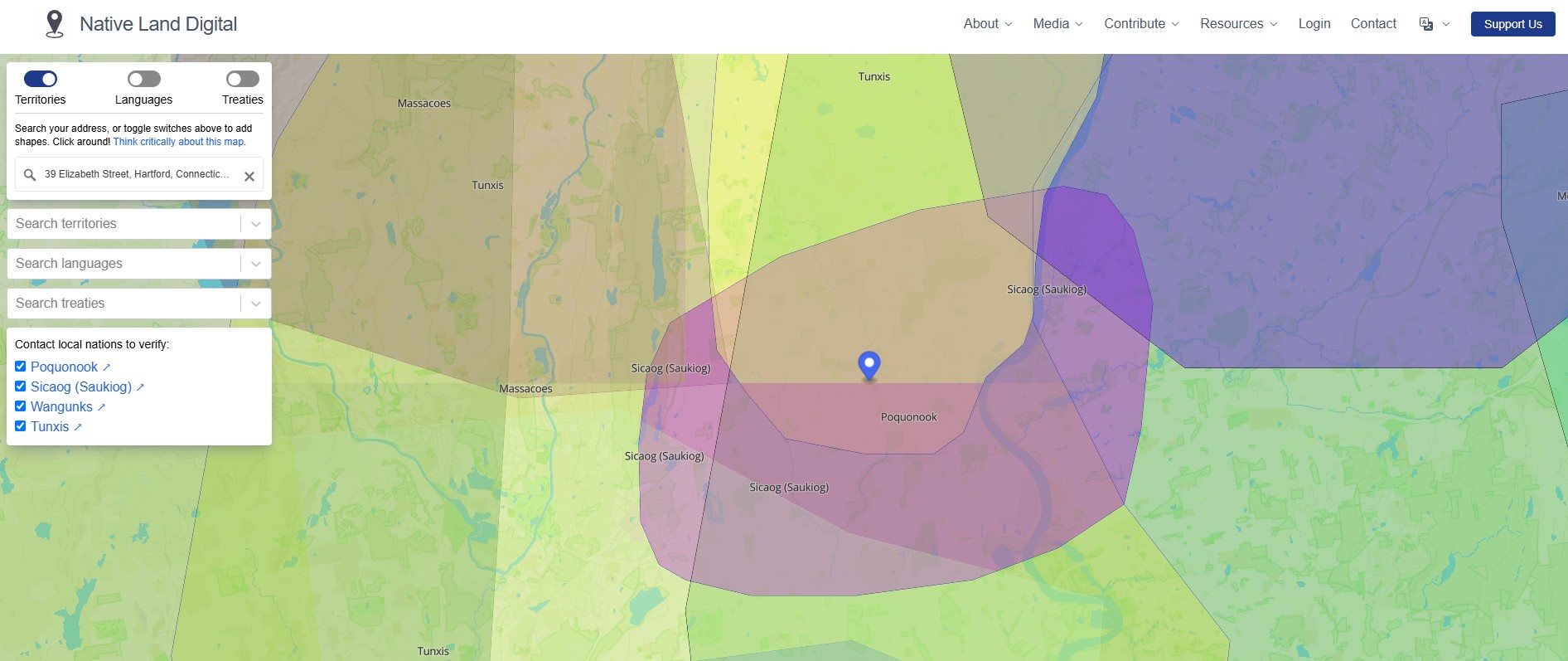Join us for “Honor Bound: Coming Out in the Military” featuring Law School alum Joseph Steffan, hosted by UConn Law Library, Law Library Archives, in collaboration with LAMBDA and VALOR.
Joseph Steffan, a 1994 graduate of the Law School, has a remarkable and inspiring story. Before attending law school, Steffan was a midshipman at the U.S. Naval Academy in Annapolis, MD, where he was considered a rising star. However, just weeks before his graduation, Steffan was outed and forced to resign. Determined to fight back, he sued the Department of Defense for reinstatement. While Steffan initially won his case, the decision was later overturned on appeal.
In 2000, Steffan generously donated his personal papers, which document his legal battle, to the Law School. Archivist Rebecca Altermatt curated these documents detailing his journey and created the exhibit on display.
On February 13 at 12:30 PM, Steffan will join us for a discussion of his case and its lasting impact. The event will be moderated by Paul Chill, Clinical Professor of Law Emeritus, and Darcy Kirk, Distinguished Professor of Law Emerita, and former Dean of the Library, who was instrumental in accepting Steffan’s materials. The session will include a discussion followed by a Q&A. The event will be hybrid.
Don’t miss this powerful conversation! We look forward to having you join us for this event.
Event page link and registration form:
https://events.uconn.edu/law-school/event/603860-honor-bound-coming-out-in-the-military






